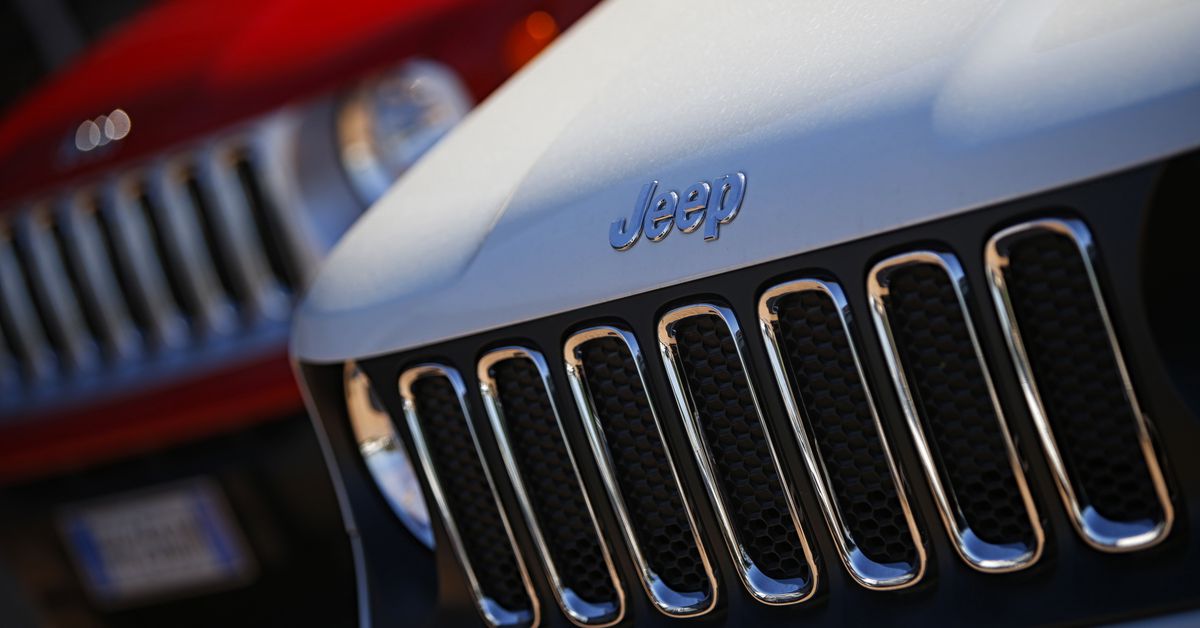
In October, Fiat Chrysler CEO Mike Manley told investors that he’s open to making cars powered by other companies’ electric vehicle technology. But Fiat Chrysler (FCA), which owns brands like Jeep and Dodge, is doing more than just considering the idea. The Verge has learned the automaker is in talks with at least two distressed EV startups about leveraging their technology to build electric Fiat Chrysler vehicles — namely Faraday Future and Seres (formerly known as SF Motors).
The discussions were described to The Verge by current and former employees of each startup (who were granted anonymity because of nondisclosure agreements with their respective companies) and both are at different stages. Faraday Future retrofitted one of FCA’s vehicles with its electric powertrain technology and performed road testing in October, according to a former employee with knowledge of the project. This came after months of on-and-off meetings between FCA and Faraday Future, dating back to at least April — right around when Ford announced its investment in EV startup Rivian. Faraday Future’s electric powertrain technology was largely developed by the same widely-respected team that created the EV1, GM’s first mass market car.
Seres, meanwhile, was more recently asked to put its own electric powertrain into two of FCA’s vehicles, according to two current employees. In an October 31st email to staff obtained by The Verge, CEO James Taylor said his startup has “much work to do to convert this expression of interest into a volume production award, yet it reflects the OEM’s growing confidence in Seres’ capabilities, knowledge, strength, and the attractiveness of our product offering.”
Both startups could use the deal. Faraday Future has suffered two major financial crises that ultimately led to hundreds of layoffs. It recently named a new CEO and is currently trying to raise $850 million in order to get its first vehicle, a luxury SUV called the FF91, into production by the end of next year. Seres, which is an EV startup owned by Chinese automaker Sokon, halted plans to launch its own pair of electric SUVs in the US earlier this year and laid off at least 90 employees. The company has since refocused its efforts on selling its powertrain technology, and recently signed a deal with Chinese automaker BYD to develop power electronics like motor controllers.
A spokesperson for Fiat Chrysler said the company “doesn’t comment on potential business relationships.”
John Schilling, Faraday Future’s director of communications, said that “[w]hile we haven’t ruled out the possibility of future joint ventures as well as potential partnerships with other OEMs, FF is heavily focused on the delivery of our FF91 in 2020. Beyond that, we cannot discuss future product plans nor any potential partnership at this time.” Taylor did not immediately respond to an emailed request for comment.
Like many other leading automakers, FCA has announced grand plans to convert much of its new vehicle fleet to hybrid or all-electric technology across the next decade. But it’s still viewed as being behind competitors like GM, Ford, and the Volkswagen Group.
On that October call, Manley said FCA won’t begin to reap the rewards of its investment into electrification until 2022. By paying another company for its tech, FCA could possibly get electric vehicles on the road sooner, or create a wider lineup without taking on massive research and development costs. Manley also said that FCA’s merger with France’s Peugeot could help spread this EV technology “on a grand scale.”
https://www.theverge.com/2019/11/25/20981965/fiat-chrysler-faraday-future-seres-ev-startups-tech

